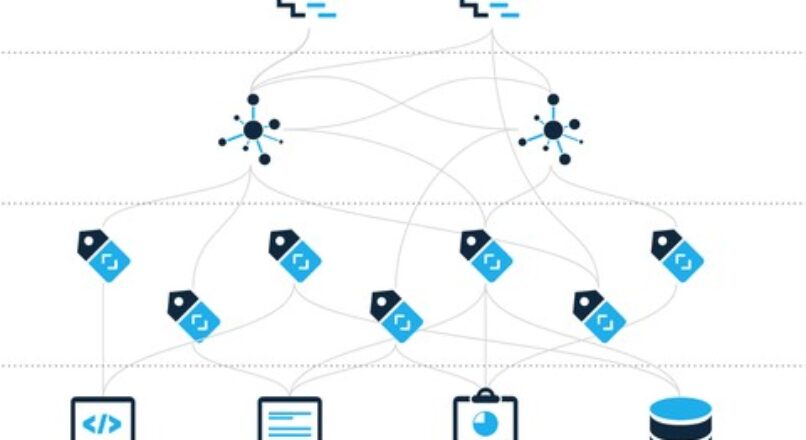
Misingi ya Usimamizi wa Metadata

Bei: $109.99
Let’s get started with the basics of Metadata Management.
Setting up the Metadata Management initiative at the enterprise level serves a variety of purposes. Data Asset discovery, effective cataloging, identifying resources, defining them by criteria, bringing similar resources together and the most important of them all is to have a Self Service approach to the enterprise assets.
It also is an effective means of organizing enterprise data assets, which is the need of the hour considering the huge variety and volumes of data and new ways of doing business online. Kwa kawaida, all the metadata is stored in documents or excel sheets which are not usually up to date just for the namesake and these documents do not really have what one needs. A more efficient way is to use metadata to define, build lineage, relationships and create trace-ability so that the enterprise data citizens can easily find the data, the systems in which the data resides and the owners or stewards of the data.
Investing in metadata management/development have a lot of benefits:
-
Simplify data discovery and history of the data with a record of content-rich data across the enterprise.
-
Most of the enterprises have to manage increasingly complex systems in various locations and on varied platforms. By managing metadata effectively, organizations can create an inventory of its data and learn about its transformation across the life cycle, along with the variety of meaning and formats, and locations of each data object.
-
Drive consistency through data reuse, to increase productivity and reduce time needed for project implementation.
-
A managed metadata environment serves as the most effective way to identify the appropriate data elements / objects needed for any use.
-
Metadata Management allows companies to retire unused storage, kupunguza gharama, and reducing time that was spent in deciding among “possibly correct” variations of an attribute.
-
Retain staff knowledge that is lost when business rules, definitions and other forms of metadata are not documented. Mara nyingi, business metadata remains only in the minds of certain employees. When these individuals leave the company, this knowledge disappears with them. Implementing an enterprise approach to managing metadata preserves this knowledge and reduces the risk of losing valuable contextual knowledge.
-
Ongeza imani katika data inayowasilishwa kwa watumiaji wa biashara. Ufuatiliaji wa mstari wa data hutoa muktadha muhimu kwa watumiaji wa biashara. Kuchapisha data katika mifumo ya chanzo na wasimamizi wa data ya biashara na wafanyakazi wa TEHAMA kunaweza kutatua hitilafu za data, ambayo itasababisha usahihi, kuaminika, data ya ubora wa juu iliyotolewa katika ripoti, maswali na uchambuzi.
-
Kuboresha utendaji wa IT katika maendeleo, uchambuzi wa athari, ujumuishaji wa data, mabadiliko ya usimamizi, nk… Maboresho haya yote yatawezesha ushirikiano mkubwa kati ya biashara na TEHAMA, na hatimaye kupunguza gharama za jumla za mpango wowote wa mifumo. Metadata husaidia IT kuelewa ni data gani iliyopo, iko wapi, na maana yake, kupunguza utata wa habari. The ability to assess the impact of potential changes based on improved knowledge of the data can help managers estimate project duration and resource costs more accurately.





Acha jibu
Lazima Ingia au kujiandikisha kuongeza maoni mapya .